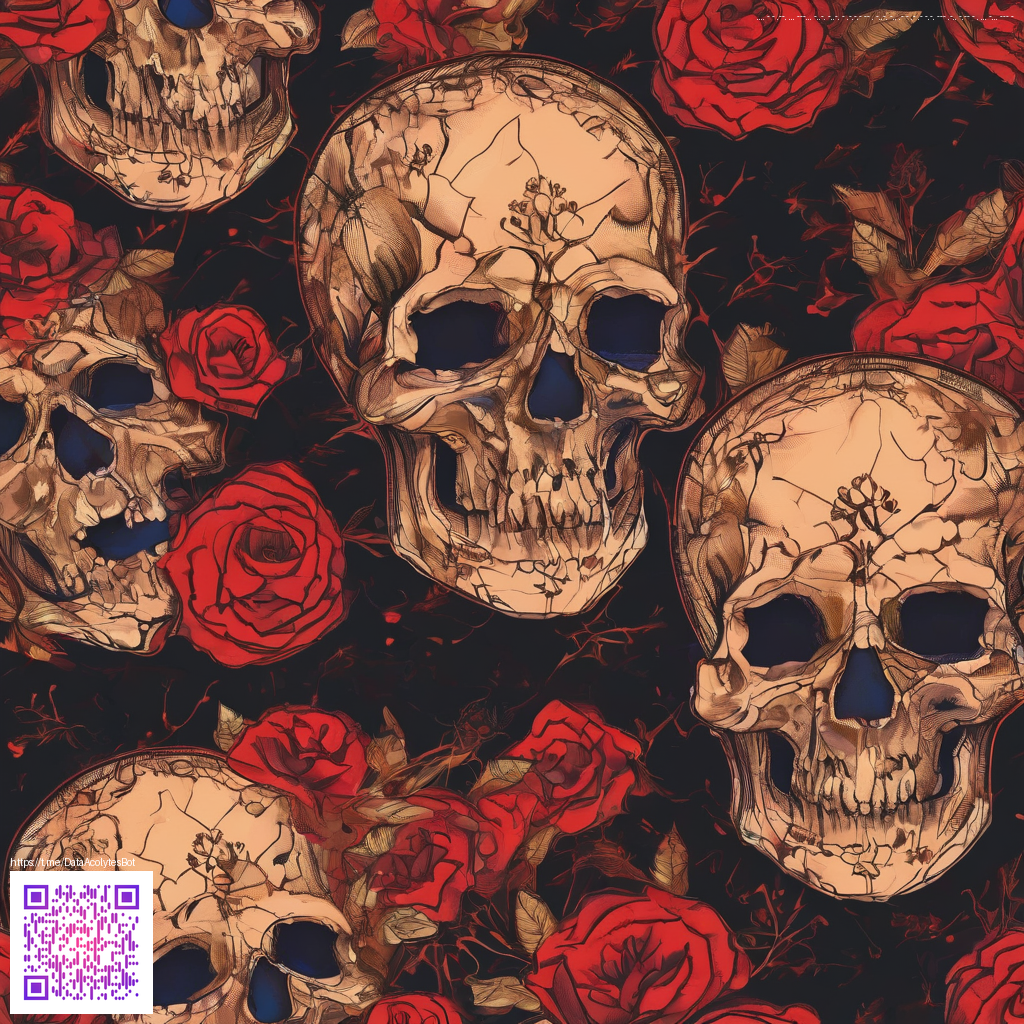
Pong Expansion Rumors Roundup What Fans Expect Next
Retro staples get a modern shake every few years and this round of chatter around a Pong expansion feels especially intriguing. The conversation spans fan forums, streaming chats, and indie blogs, where players debate how a long standing classic could evolve without losing its crisp, bite sized rhythm. Rather than a full blown sequel, most speculation favors a thoughtful expansion that enriches modes, arenas, and customization while preserving the elegant simplicity that defined the original matches 💠
Core rumor themes and what they could mean for gameplay
One dominant thread imagines a campaign style scaffold that guides players through a sequence of arcade arenas. The idea is not a narrative arc in the traditional sense but a structured playground that encourages experimentation with spin, angle control, and paddle timing. A progression system could unlock cosmetic paddles and ball skins, giving players a sense of earned identity after each hard fought rally. Another frequent topic is expanded paddle customization with adjustable physics and optional power ups. By toggling a classic physics mode, purists can keep the feel of yesteryear while curious newcomers explore fresh dynamics.
Spin mechanics stand out as a hot topic. Some rumors suggest a controlled spin system with a physics based multiplier that players can master through practice. Supporters argue that this could add depth without sacrificing the core accessibility, while critics worry about undercutting the timeless reflex gameplay. The balance puzzle is real, but the potential payoff could be a richer meta game where players craft nuanced serve strategies and return angles rather than simply chasing a fast ball. The community discussions around this concept have been lively, with enthusiastic posts and detailed demos that demonstrate how subtle adjustments can dramatically shift rally trajectories 💡
Modes and arenas fans want
A notable portion of the chatter centers on new arena varieties that introduce light environmental twists. Think moving walls, magnetized surfaces that subtly tug at the ball, or wind effects that nudge trajectories in minor ways. Such additions could be tuned to keep the action familiar yet offer fresh decision making mid rally. Alongside visuals, players are calling for party friendly modes that accommodate local co op experiences on a single screen, as well as online ranked play that rewards precision and consistency. A tournament ladder with regional brackets could give players a reason to refine timing and strategy, preserving the classic cadence while inviting competitive play to shine 🌑
Community insights and developer dialogue
Across fan communities, veterans of the arcade era reminisce about the tactile joy of a well timed paddle swing, while newer players marvel at the potential for a modernized ladder with meaningful stats. The consensus is that any expansion should honor Pong’s minimalism while offering optional complexity for those who crave it. If the development team leans into community feedback, we could see patches that tune ball physics, serve speeds, and paddle response in measured steps. The balance point will be selecting a cadence that rolls out content without disrupting the core loop that makes the game so approachable in the first place.
Analyses from indie coverage outlets converge on the same principle, which is to deliver fresh ideas while preserving accessibility. A transparent design philosophy paired with robust player testing could yield a product that feels both nostalgic and contemporary. The discussion keeps circling back to how a small, well considered expansion can reinvigorate a classic without turning it into a different game. For fans who value community input, that collaborative approach is precisely the appeal of this moment 🌟
Update coverage and patch cadence
Seasoned observers expect an incremental update path rather than a sudden, sweeping overhaul. A hypothetical patch series might begin with a modest balance pass focused on serve speed and ball bounce markers, followed by a content drop that introduces a handful of new arenas and skins. If a 1.4 like patch lands, it could set the groundwork for a larger 1.5 update that adds the campaign style scaffold and a deeper customization suite. While dates remain speculative, the pattern mirrors other indie revivals that prefer steady enrichment over big bangs, keeping the game fresh across months rather than weeks 🌙
Modding culture and unofficial passions
Extensive fan experimentation has always fueled retro style games, and Pong is no exception. Modders have created pixel art packs, alternative sound effects, and playful UI skins that reimagine the game's look for different vibes. An official or semi official modding toolkit could unlock even more creativity by letting players craft new paddles, backgrounds, and tiny side quests or challenges. The existing ecosystem of fan made variants and community driven presets demonstrates a healthy appetite for experimentation that any expansion would be wise to acknowledge. When fans see their ideas reflected in official content, the result is a galvanizing effect that carries across streams, tutorials, and co op evenings 👁️
As the rumor mill churns, the spirit of collaboration between players and developers becomes the story itself. The more transparent the conversation, the more the community feels invested in the outcome. If the expansion arrives, its success will hinge on balancing nostalgia with novelty, ensuring that long time fans feel at home while inviting curious newcomers to discover what makes this tiny ball and paddle saga so enduring.
Support for independent voices keeps these conversations vibrant and honest. If you enjoy deep dives into mechanics, design philosophy, and the culture that springs from a shared love of games, consider lending a hand so coverage can continue to explore these threads with care and enthusiasm. Your contribution helps sustain thoughtful analysis that respects the craft behind every classic title and every fresh rumor 🪄
Support the Decentralized Internet